Kwa Bi Nzaro Victims Were Left for Wild Animals, Prosecutors Say
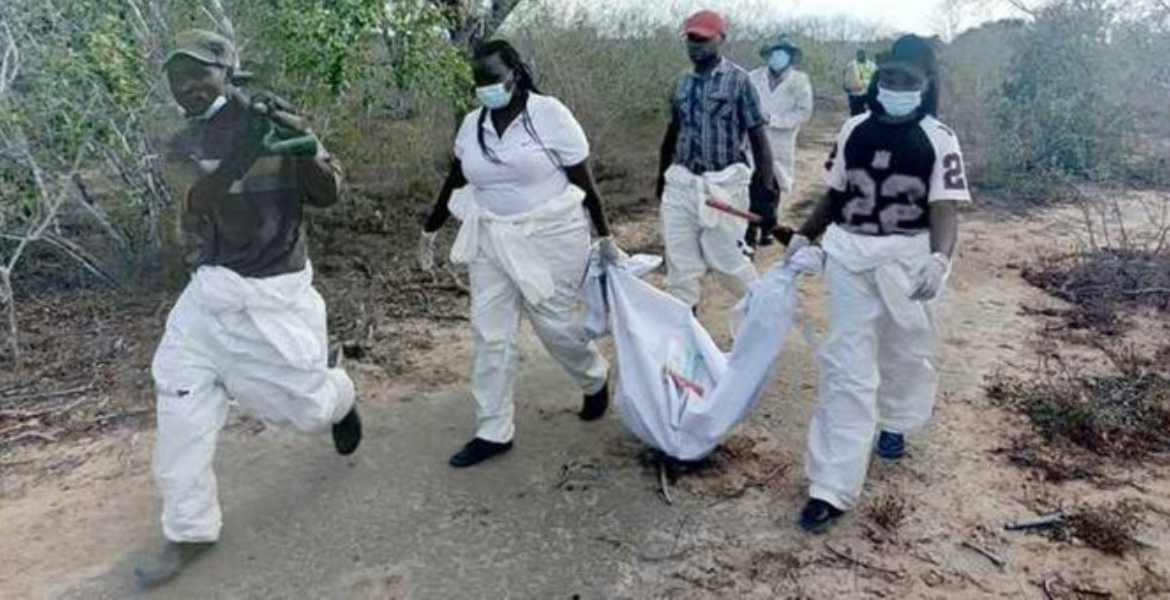
Kenyan authorities have widened the scope of investigations into the Kwa Bi Nzaro cult deaths, revealing disturbing efforts to conceal mass fatalities through the deliberate disposal of bodies in forested terrain.
Prosecutors now allege that victims were not only denied proper burial but were intentionally left exposed to wild animals in a bid to obliterate forensic evidence. Appearing before the Malindi court, Senior Assistant Director of Public Prosecutions Jami Yamina disclosed that the initial search area, five acres, proved insufficient, prompting an expansion to 400 acres after the discovery of scattered remains.
The retrieval of 34 bodies and 102 dismembered human parts has underscored the extent of decomposition and animal interference, complicating identification efforts. DNA samples have been collected from relatives of the missing, while over 50 witness statements have been recorded to date.
The case has drawn parallels with the earlier Shakahola massacre, where hundreds of followers of Paul Mackenzie’s Good News International Church perished under similarly radicalised doctrines. Prosecutors contend that four key suspects, Sharleen Temba Anido, Kahindi Kazungu Garama, Thomas Mukonwe and James Kazungu, resumed extremist teachings after fleeing Shakahola, leading to renewed fatalities in Kwa Bi Nzaro.
Described by investigators as orchestrators of a “holy safari to see Jesus Christ,” the accused are said to have manipulated followers into fatal fasting rituals.
In a bid to safeguard witnesses and preserve the integrity of the investigation, the court has placed four individuals under witness protection. These insiders are expected to testify against Anido and her associates.
Meanwhile, three other suspects, Safari Kenga Nzai, Karisa Gona Fondo and Charo Gona Kalama, have been released on free bond under stringent conditions, including regular reporting to local authorities and a prohibition on contacting witnesses. Police have requested an additional 60 days to detain the four principal suspects, citing the complexity of the case and the risk of suicide among the accused.
Inspector Oliver Nabonwe’s affidavit outlines a litany of offences under investigation, including radicalisation, facilitation of terrorism, organised criminal activity and murder. The prosecution argues that continued detention is essential not only for evidence preservation but also for the protection of both the suspects and the public.
Searches of the suspects’ residences have yielded critical items, including multiple SIM cards, flash drives, a victim’s identity card and a burial tool. Investigators also uncovered land agreements and a motorcycle sale linked to the transport of victims. Surveyors have mapped suspected grave sites across the vast forested area, while forensic teams continue to process remains and conduct cybercrime analysis.
The personal toll of the tragedy is stark. Garama’s children are now in a Kilifi County shelter, while Mukonwe’s family is feared dead. Kazungu’s wife faces manslaughter charges in Mombasa, and Anido’s husband is believed to have succumbed to extreme fasting. Authorities warn that eight additional suspects remain at large, and that the ideological threat persists.

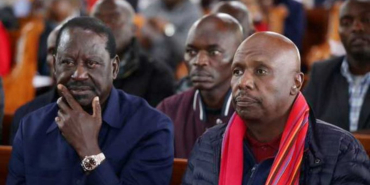
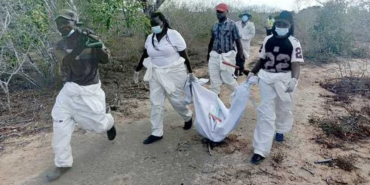
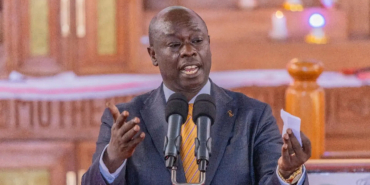

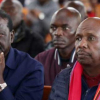
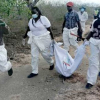

Add new comment